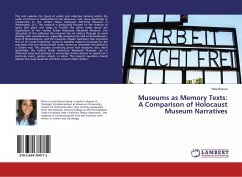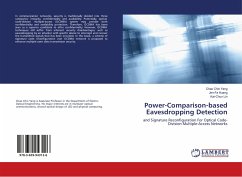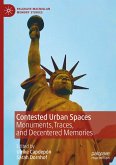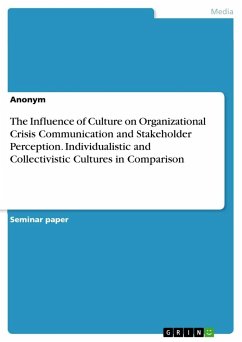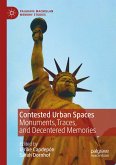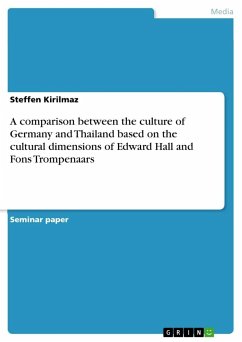This text explores the topics of public and collective memory within the realm of rhetoric in relationship to the Holocaust, and, more specifically, in relationship to the United States Holocaust Memorial Museum in Washington, D.C. The research is particularly focused on the rhetoric of space and place and helps to further the claims made about the implications of the United States Holocaust Memorial Museum. The discussion of the influence the museum has on visitors through its work dealing with remembrance-- especially analyzing the Hall of Remembrance, Days of Remembrance, and the museum's mission statement that promotes the act of "never forgetting" works to establish evidence necessary for the argument that the museum itself wants visitors to remember this period in a certain way. This provides convincing proof that museums, but, more specifically, the United States Holocaust Memorial Museum, act in rhetorical ways and promote or encourage certain factors or aspects of a particular event, person, object, or place. The research questions mainly address the ways museums and their content affect visitors.
Bitte wählen Sie Ihr Anliegen aus.
Rechnungen
Retourenschein anfordern
Bestellstatus
Storno

